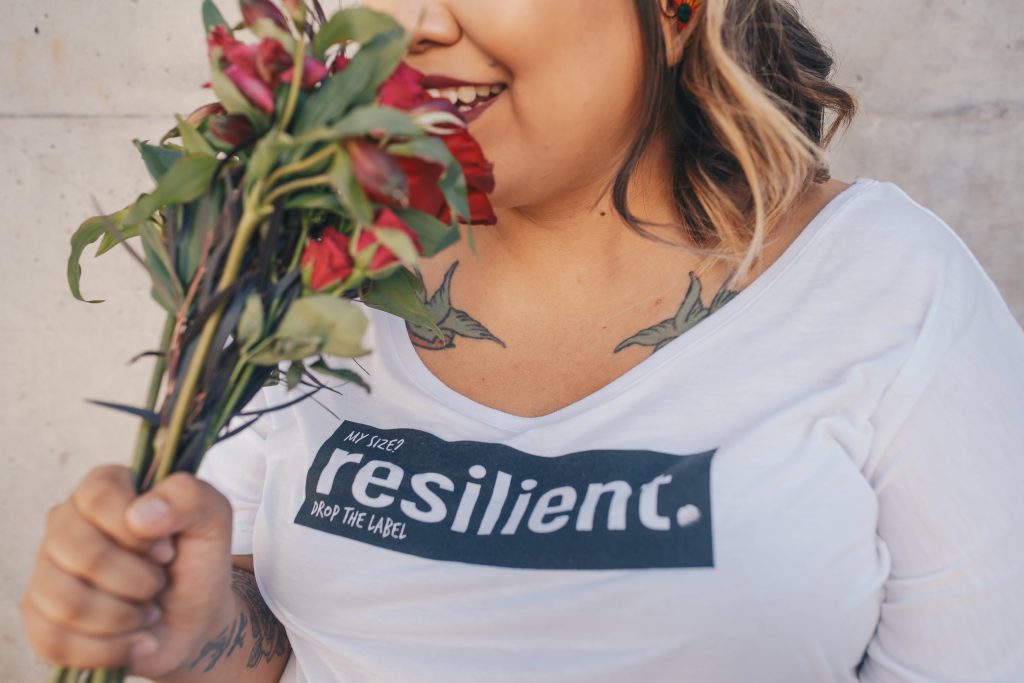
From Struggle to Strength: The Power of Resilience for Young Adults with Cancer
Resilience refers to the ability to adapt and bounce back from difficult experiences, and it is an important aspect of the adolescent and young adult cancer experience. Adolescents and young adults diagnosed with cancer may face a wide range of challenges, including physical changes, emotional distress, and disruptions to their daily lives. Resilience can help them navigate these challenges and build the skills and resources they need to cope with the residual effects of the disease.
Factors that contribute to resilience
Several factors contribute to resilience in the context of cancer. These include a positive outlook, strong social support, and access to resources and information. Additionally, having a sense of control over one’s life and being able to find meaning in the cancer experience can also contribute to resilience.
Resilience can be especially important for adolescents and young adults because they are still developing their sense of identity and independence. A cancer diagnosis can disrupt these developmental processes and make it difficult for them to navigate their new reality. Resilience can help them to maintain a sense of control over their lives, even in the face of a challenging illness.
How to increase resilience
There are several steps that can be taken to increase resilience in the context of the adolescent and young adult cancer experience. These include:
- Building a strong support network: Surrounding oneself with a supportive group of friends, family members, and healthcare professionals can provide a sense of connection and belonging, which can help to increase resilience.
- Finding meaning in the cancer experience: Reflecting on the cancer experience and finding meaning in it can help to make sense of the challenges and provide a sense of purpose.
- Practicing self-care: Engaging in activities that promote physical and emotional well-being, such as exercise, relaxation techniques, and mindfulness, can help to increase resilience.
- Seeking professional help: Talking to a counselor, therapist, or other mental health professional can provide a safe space to process emotions and develop coping strategies.
- Staying informed: Staying informed about cancer, treatment options, and available resources can help to increase a sense of control and empower adolescents and young adults to make informed decisions about their care.
Resilience is a process, and it will look different for every person. It is a skill that can be learned and practiced and will take time to develop. It is crucial to have patience and understanding with oneself and the adolescents and young adults in our lives going through this process.
Conclusion
In conclusion, resilience is essential to the adolescent and young adult cancer experience. It can help adolescents and young adults to navigate the challenges of cancer and build the skills and resources they need to cope with the long-term effects of the disease. By building a strong support network, finding meaning in the cancer experience, practicing self-care, seeking professional help, and staying informed, we can increase our resilience and help the adolescents and young adults in our lives to do the same.
Want more?
- Read Forgiveness and Cancer: Letting Go for Healing and Recovery
- Listen to Unseen Scars: Trauma After Cancer with Melissa Miller
- Download the Supporter Roadmap
- Follow us on Instagram
- Learn more about the b-present Foundation
